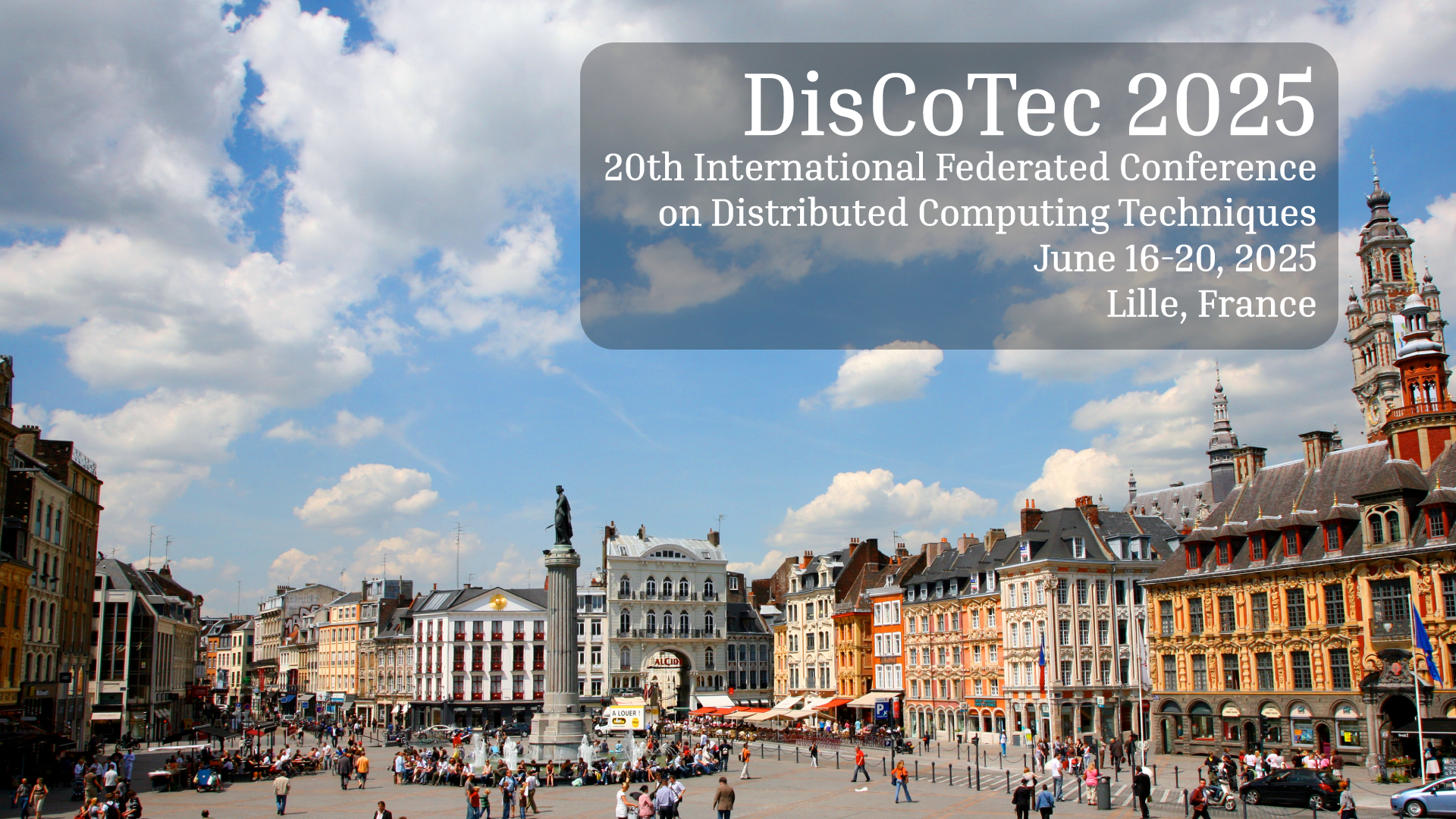Gender Parity / Women in Science
“Les étoiles sont éclairées pour que chacun puisse un jour retrouver la sienne.” Antoine de Saint-Exupéry
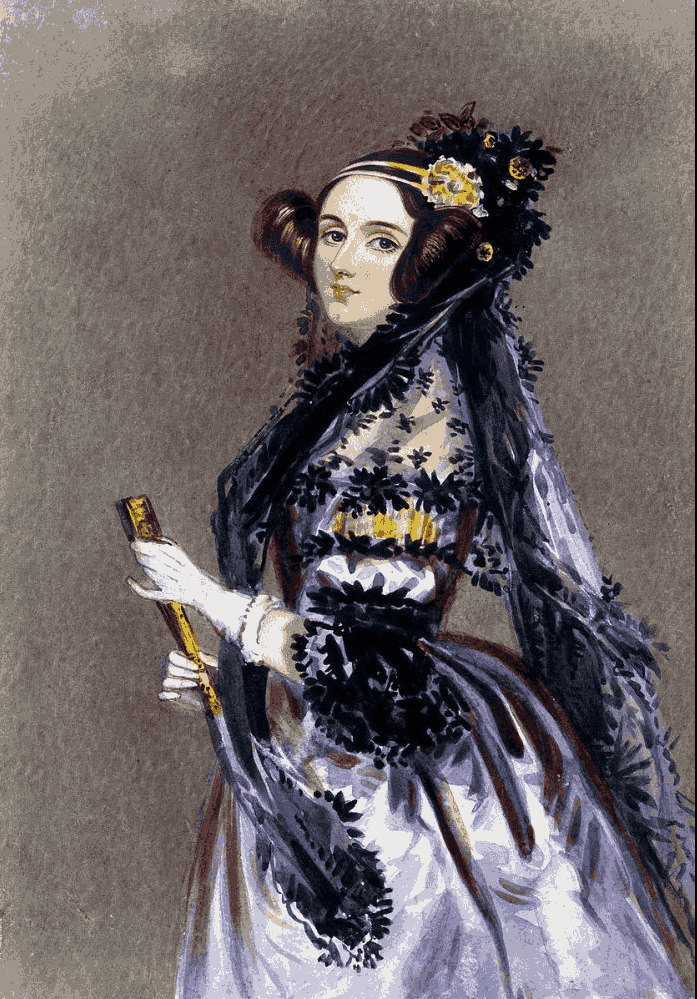
The rapid advancement of computer science over the past decades is the result of groundbreaking contributions by researchers, both men and women, whose work has shaped our modern world. Among them, many women have had a significant impact. Ada Lovelace, often regarded as the world’s first programmer, envisioned the potential of computing long before modern computers existed and laid the foundations for algorithmic thinking. Grace Hopper designed the first compiler in 1951 and the Cobol language in 1959. These remarkable scientists, among many others, demonstrate the essential role women have played in the advancement of knowledge, and are the stars that continue to inspire future generations, illuminating research and academia.
As part of the DisCoTec 2025 conference, we are organizing a “Women in Science” session to highlight the careers of women scientists. The aim is to share researchers testimonies and experience as a women in computer science or a colleague and collaborator of women in science while inspiring young female researchers to pursue an academic career.
Format
This event will be organized in the form of a panel with a short introductory speech by each of the panelists, followed by an open discussion.
Date & place
Women in Science session will take place on the 18th of June 2025. Precise time and location will be announced soon.
Speakers
Hélène Coullon (IMT Atlantique, France)
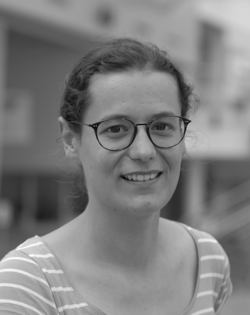
Bio: Hélène Coullon is an associate professor at IMT Atlantique, France. She received her Ph.D. in 2014 from the University of Orléans (France). Her research topics are large-scale distributed and geo-distributed systems, in particular their deployment and dynamic reconfiguration. She combines expertise from different fields including Component-Based Software Engineering (CBSE), Infrastructure-as-Code (IaC), formal methods and languages, parallelism, and domain specific languages.
Cinzia Di Giusto (Université de Nice Sophia-Antipolis, France)
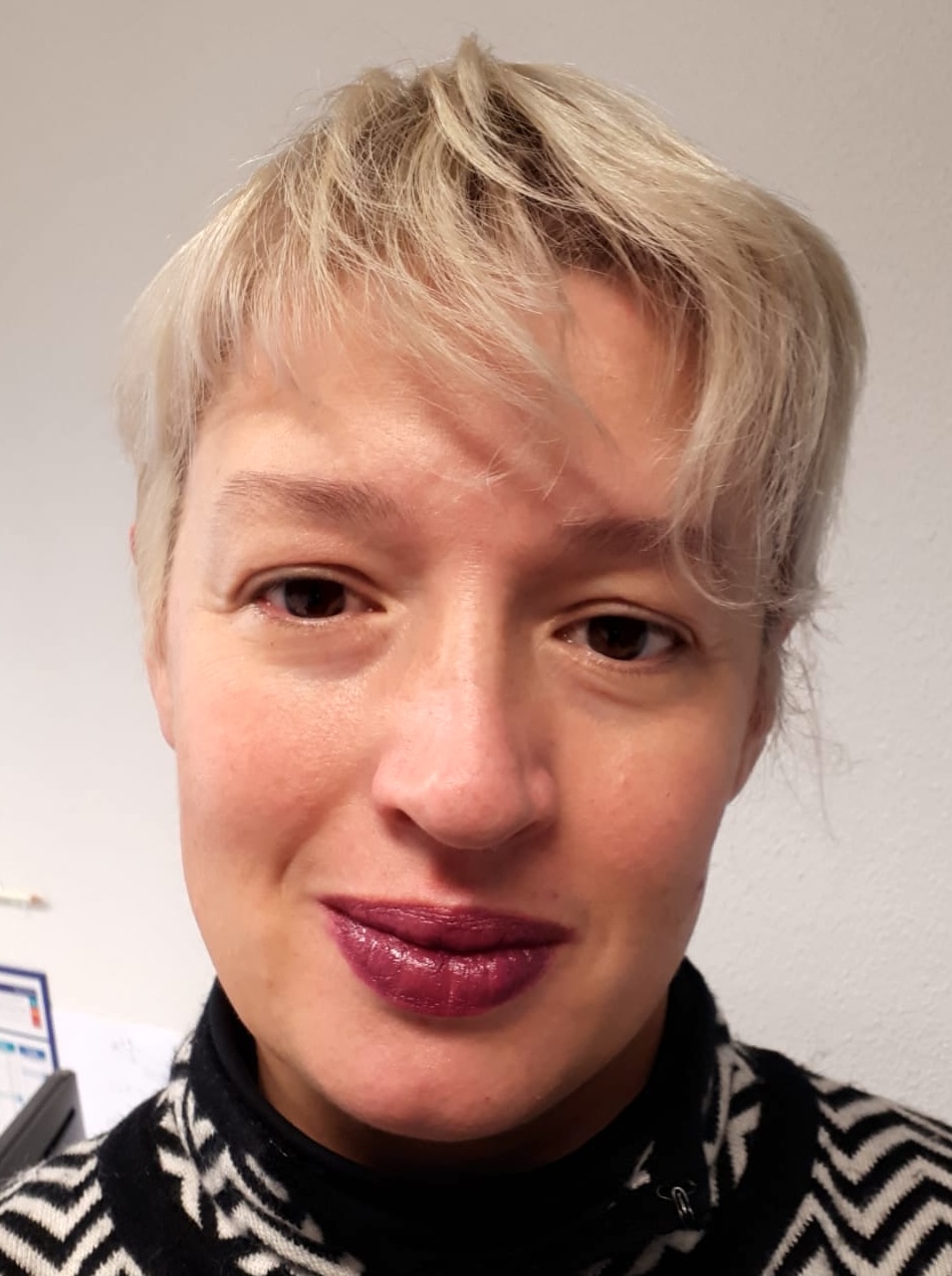
Bio: Cinzia Di Giusto is Associate Professor at Université Côte d’Azur. She received her PhD in 2010 from the University of Bologna. She is a researcher in theoretical computer science, with a focus on session types, formal methods, concurrency theory, and process calculi. Her work primarily explores concurrent models, ensuring safety and correctness in distributed systems. She has contributed to areas such as type theory and verification techniques for concurrent processes.
Ghizlane El Boussaidi (École de technologie supérieure (ÉTS Montréal), Canada)
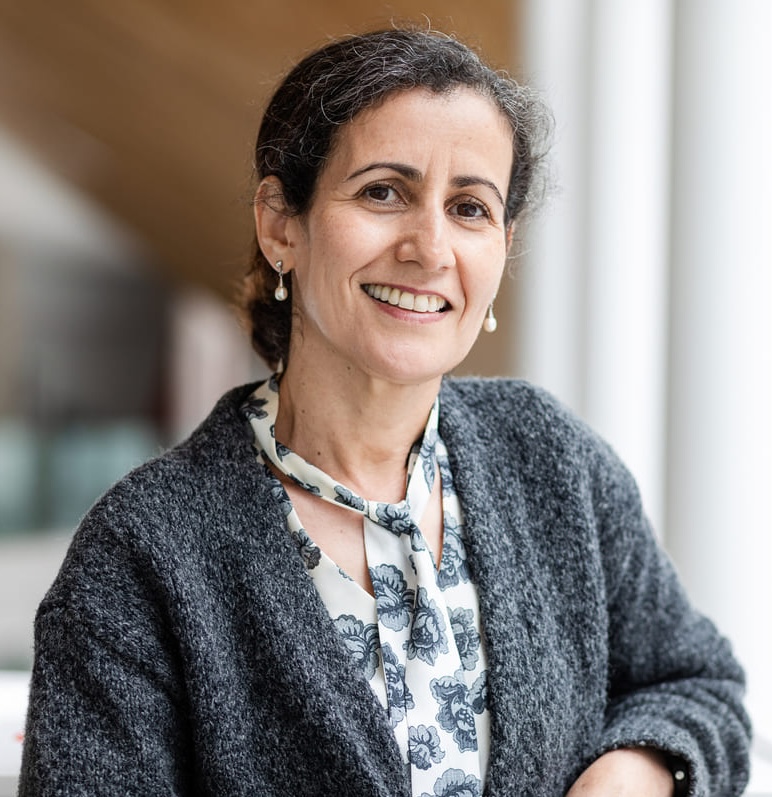
Bio: Ghizlane El Boussaidi received the PhD degree in software engineering from the Université de Montréal, Canada, in 2010. She is a full professor at the Software and IT engineering department of École de Technologie Supérieure (ETS) in Montréal, Canada. Her research interests include model-driven development, software re-engineering and modernization, requirements engineering, and the design and certification of safety critical systems. She participated in and led several research projects funded by Canadian agencies and industry partners specifically Avionics. She also has over 15 years of industrial experience during which she contributed to the development and the implementation of various software systems. She has published her work in international conferences and journals, including IEEE TSE, SoSyM, JSS, ACM computing surveys, ACM/IEEE MODELS, ACM/IEEE ICSE, ICSOC, IEEE/ACM MSR, IEEE ISSRE and IEEE/ACM ICPC.
Carla Ferreira (NOVA University of Lisbon, Portugal)
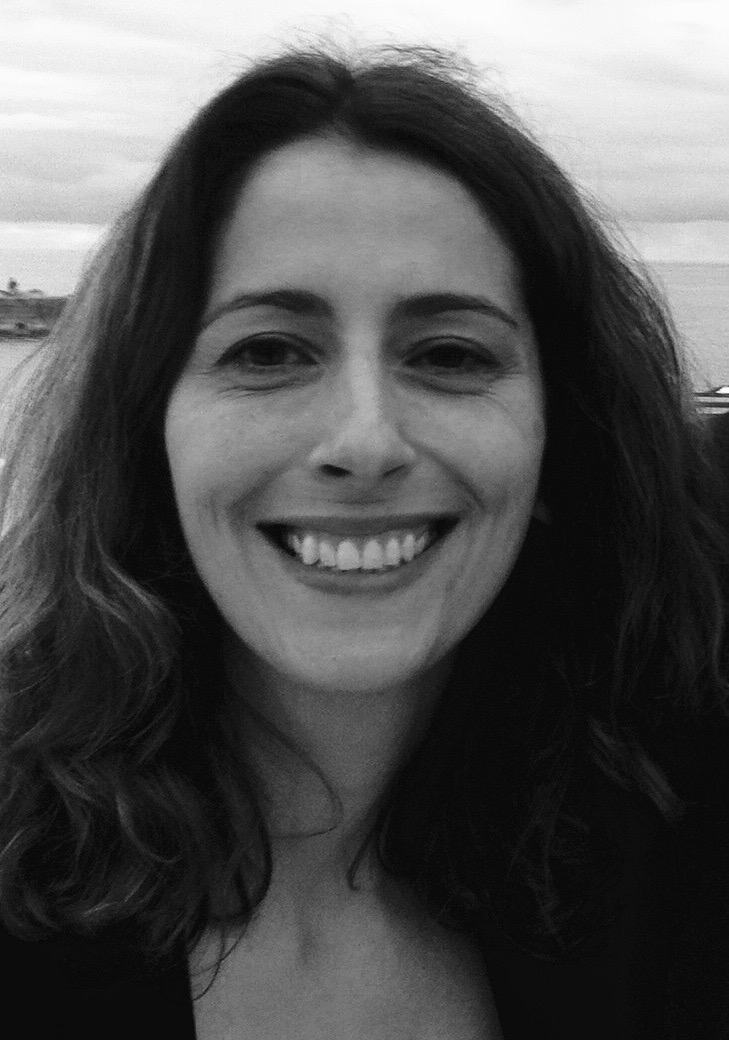
Bio: Carla Ferreira is a Full Professor at NOVA University Lisbon and a researcher at the NOVA LINCS research centre. Her research focuses on formal calculi, methods, and tools for specifying and reasoning about concurrent and distributed systems, with the aim of supporting the development of trustworthy and efficient software. She currently leads the TaRDIS project, funded by Horizon Europe, which addresses the correct and efficient design of applications for swarms and decentralised distributed systems.
Adrian Francalanza (University of Malta, Malta)
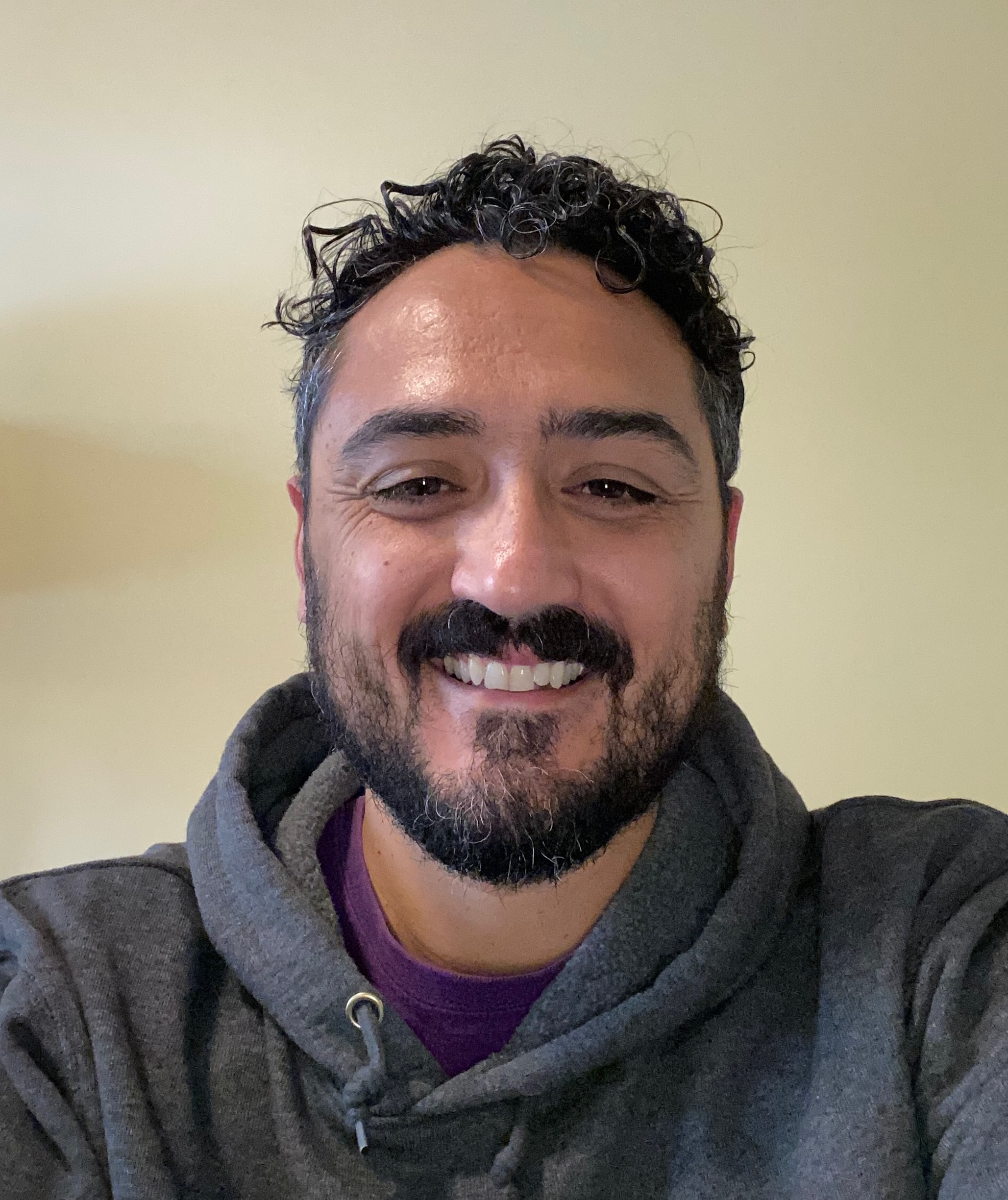
Bio: Adrian Francalanza is a Full Professor at the University of Malta, where he has been active in teaching and research for the past 15 years. Prior to this, he held postdoctoral positions at Imperial College London and the University of Southampton in the UK. His research focuses on static and runtime verification, particularly in relation to behavioural models and programming languages for concurrency and distributed systems. He recently served as Principal Investigator on an H2020 project exploring the integration of Behavioural Types with API-based software, and co-proposed an Icelandic project investigating the theoretical foundations of runtime monitoring. He currently leads a Maltese project that applies runtime monitoring techniques to Industrial IoT environments.
Burcu Kulahcioglu Ozkan (TU Delft, The Netherlands)
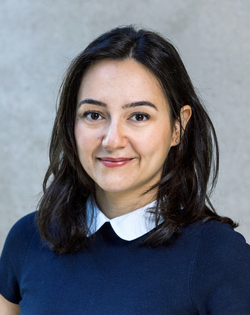
Bio: Burcu Kulahcioglu Ozkan is an assistant professor and Delft Technology Fellow in the Software Engineering Research Group at TU Delft. She received her PhD from Koç University in Istanbul, Turkey, followed by postdoctoral research at the Max Planck Institute for Software Systems (MPI-SWS) in Kaiserslautern, Germany. Her research focuses on formal methods, model checking, software testing, and debugging of concurrent programs and distributed systems. She is a recipient of the academic research awards and grants from Amazon Research and Stellar Development Foundation.
Organizers
Dr. Imen Sayar (imen.sayar@inria.fr)
Dr. Manel Barkallah (manel.barkallah@unamur.be)
